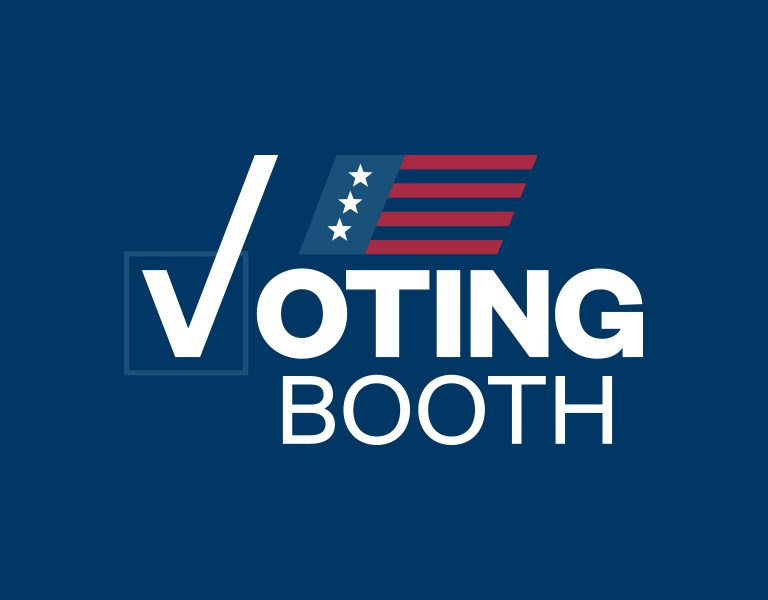In late 2020, the Independent Media Institute’s Voting Booth project went to Georgia to cover the U.S. Senate runoffs. Across the state, extraordinary efforts were being made to reach voters of color, especially those outside metro Atlanta. A new e-book, co-authored by Voting Booth’s Steven Rosenfeld, is an oral history of that grassroots organizing. “The Georgia Way: How to Win Elections” features the voices of three dozen organizers and activists who made a concerted effort to coordinate, collaborate and campaign statewide. It recounts the mindsets, values, tactics, challenges and solutions that coalesced in 2020 in a 21st-century voting rights triumph.
Some of these organizers and organizations are well known, such as the NAACP. But others, such as the Prince Hall Masons, and the nine fraternities and sororities from historically Black colleges and universities, have not been recognized for their roles. “The Georgia Way” tells how they overcame numerous obstacles and innovated to reach overlooked voters in a pandemic. This strategy boosted turnouts in 2021’s elections and is a model for the 2022 midterms.
By Steven Rosenfeld
Corey Shackleford knew he could rely on Georgia’s Prince Hall Masons—named after the freed slave who created the civic-minded group’s first Black chapter in 1784. “We’re in those corners of the state, those rural areas, where others don’t normally go. But we are there.”
Shirley Sherrod, whose Southwest Georgia Project for Community Education has been active since the 1960s, trusted the young women on her staff to reach rural voters—even during a pandemic. “I really allowed them to take this program and just go, and it worked.”
And Keith Reddings, who leads Georgia’s Omega Psi Phi Fraternity and lives in Brunswick—where three white men killed Ahmaud Arbery, a Black jogger, in February 2020—knew neither he nor his members could be idle in the 2020 election. “I’ve been in movements for quite a while. You get these waves where you’re involved; you can be involved.”
Their comments are from an oral history of the grassroots organizing across Georgia that led to the state’s historic voter turnout and election of Democratic candidates for president and the U.S. senate. The e-book, “The Georgia Way: How to Win Elections,” recounts the mindsets, values, tactics, challenges and solutions that coalesced in 2020 in a 21st-century voting rights triumph.
“What happened in 2020 in Georgia was the manifestation of coming together, setting ego to the side, and saying that we can be much more effective and efficient if we work together through coordination, collaboration and communication,” said Ray McClendon, the Atlanta NAACP political action chairman and a co-author of the e-book. “Once that happened, we became a much more effective group.”
The campaign’s organizers built on this model with some success in November 2021’s elections, and hope to deploy this model across the South in 2022’s federal midterm elections. Georgia’s GOP is trying to copy this template by opening community centers in Black neighborhoods.
“The Georgia Way,” which was co-authored by Voting Booth’s Steven Rosenfeld, features the voices of three dozen organizers from an array of civic and civil rights organizations serving Georgia’s communities of color. Together, they made a determined effort to reach out to their communities in a coordinated and unprecedented manner. They did not start by focusing on voting, but first listened, validated, and sought to meet local needs. Those efforts prompted thousands of people not on any political party’s radar—or contact lists—to vote in 2020’s elections.
“Your work just didn’t revolve around voting, but around other issues that people cared about, that mattered to them, and impacted their lives,” said Dr. Gloria Bromell Tinubu in her interview with Sherrod in “The Georgia Way,” which Tinubu also co-authored. “That is really the crux of relational organizing—that you have a relationship with people outside of the formal voting process.”
Read more at the National Memo, or download the guide.

